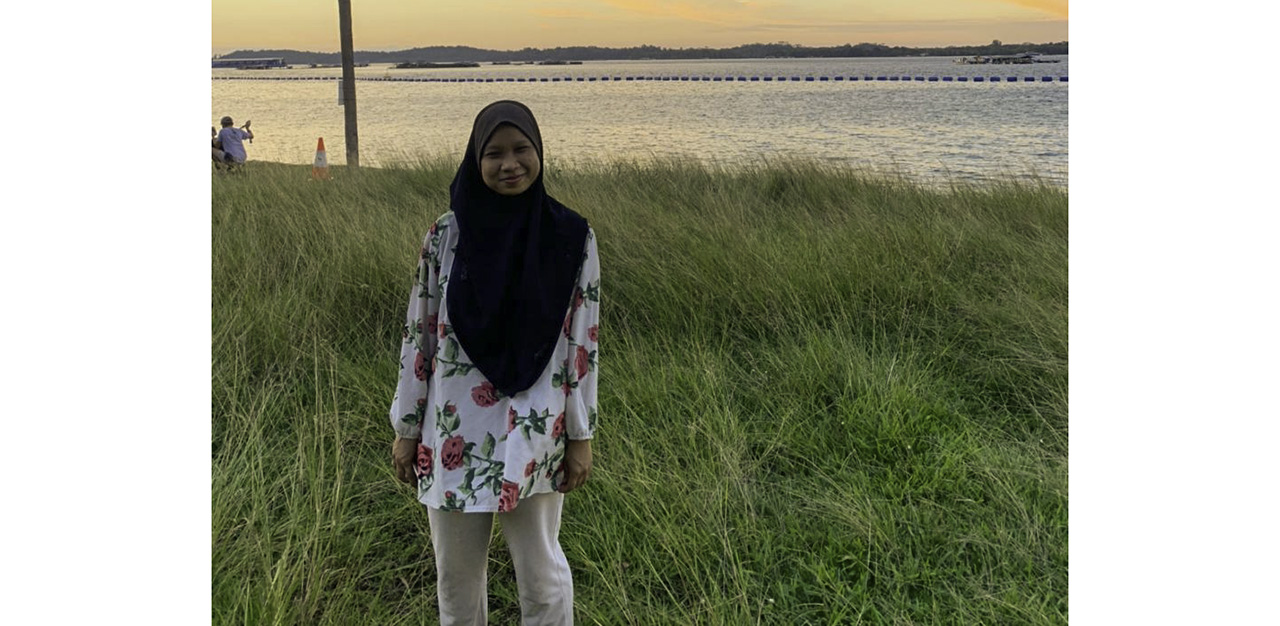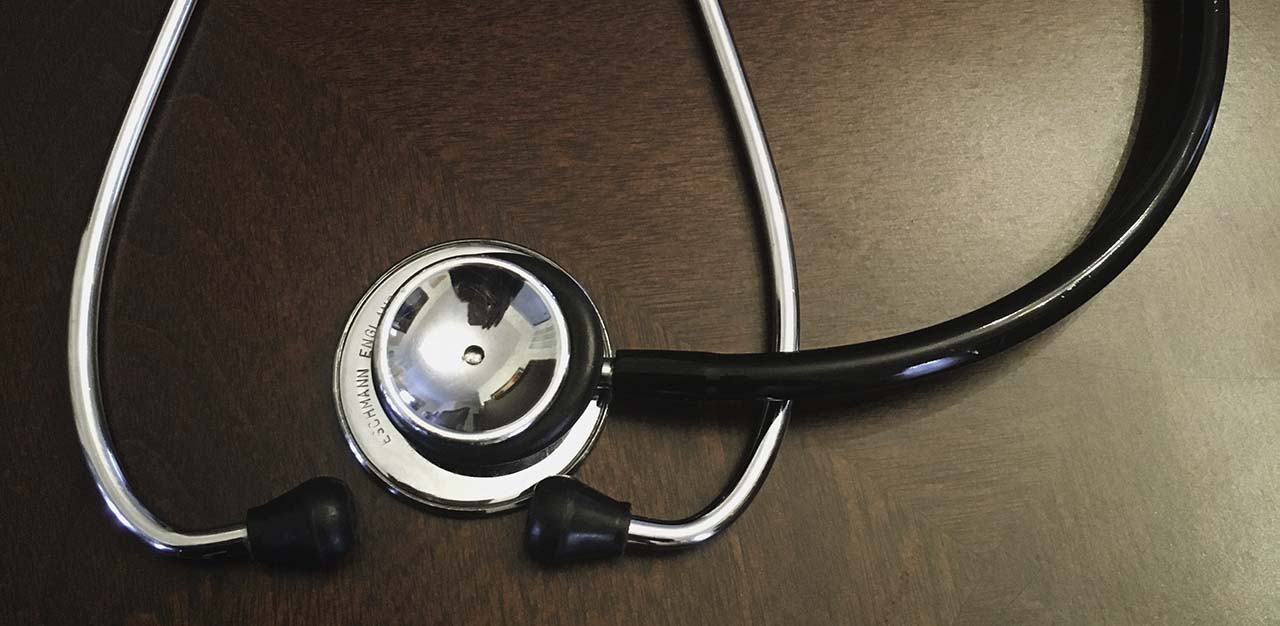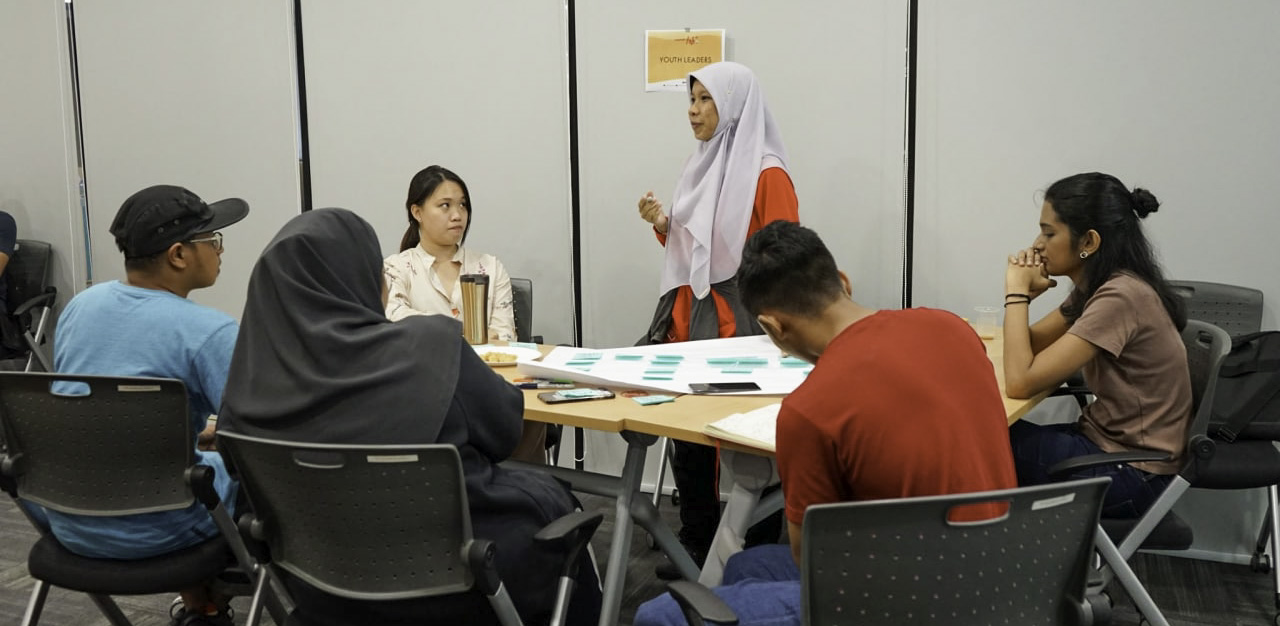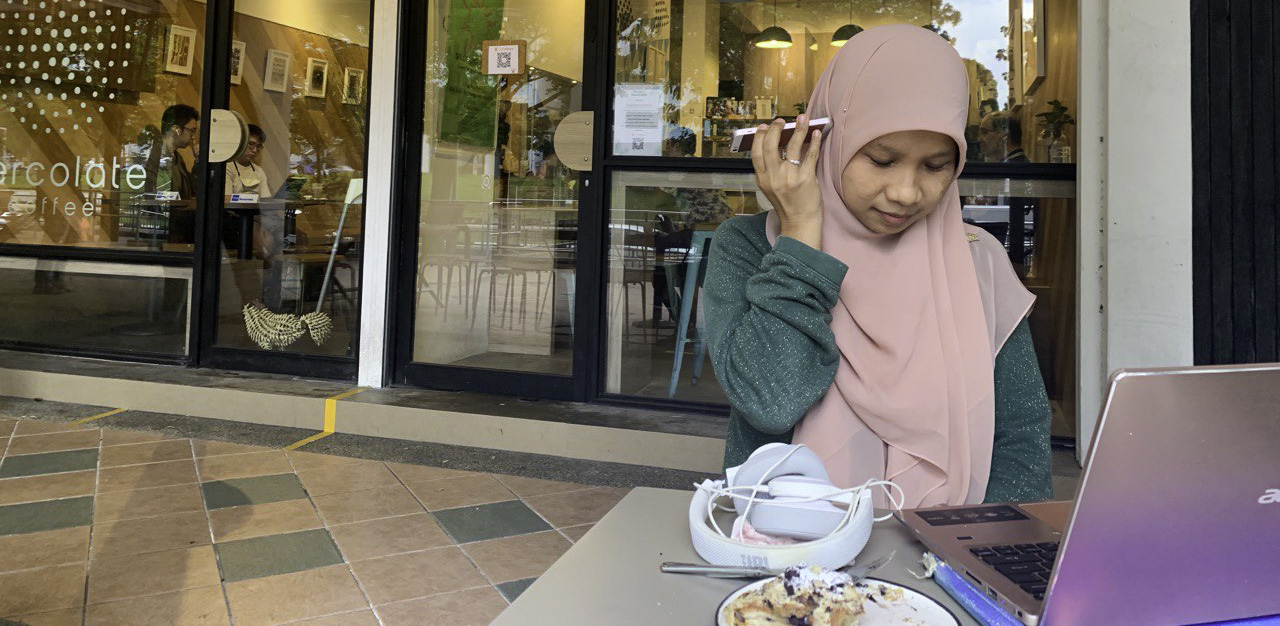Discrimination in the workplace can come in all forms, blatant or backhanded. For many Muslim women, it is being told outright they cannot wear their headscarf or veil. Employers are expected to abide by the principles of fair employment practices set out in the Tripartite Guidelines on Fair Employment Practices, which indicates that religious wear should generally be allowed at workplaces, unless there are uniform requirements or for operational and safety reasons. Still, some have disallowed the tudung without clear reasons, leaving Muslim women who wear the hijab to choose between their religious faith or financial independence.
In TheHomeGround Asia’s second interview on this topic, we speak with Noor Hanisah of Social Greens.
Until it was time to start her hospital attachment, Noor Hanisah had not faced any obstacles or objections to her wearing the tudung. Living in multiracial and multireligious Singapore, there was always the freedom to profess and practise her faith, a right enshrined in the country’s Constitution. Under Article 15(4) of the Constitution, however, a person’s freedom of religion does not authorise any act contrary to any general law relating to public order, public health or morality.
For Ms Hanisah, this reality finally caught up. She was presented with two choices as she prepared to embark on her career as a pharmacist: Remove the tudung and continue her attachment as a pharmacy student; or request for a transfer to an attachment location that allowed her to wear the headscarf.
In a post on her Social Greens website, she shares what a staff member had told her on the morning of her first hospital attachment in Singapore.
Excited about the orientation, Ms Hanisah and six other undergraduates had reported for the orientation briefing at the start of their eight-week attachment. At the end of the day, she was motioned over and told in no uncertain terms that pharmacists “are not allowed to wear the tudung”. In order to continue with the attachment, she was informed that she had to remove the headscarf. Incidentally, the lady, who was also a tudung-wearing Muslim, explained that as an admin staff the rule did not apply to her.
After giving it some thought, Ms Hanisah responded that she would not take the tudung off, and asked if wearing it would affect her duties. The woman admitted that she did not know the answer, and was only sure that it was the hospital policy for pharmacists. Her second option was to ask for another attachment location that permitted the tudung.

Ms Hanisah writes: “I was conflicted because I’d chosen this hospital because of my interest in the hospital’s specialisation. It was an experience I was keen to acquire. It served a community I wanted to empathise with and serve. At the same time, my choice to wear the headscarf was important to me. I spoke to my family and some school seniors.”
The long and short of it was that she was able to continue to don the hijab during her attachment because she received the support of two senior pharmacists who were her chief supervisors. They even went so far as to rearrange Ms Hanisah’s schedule so that she would not cross paths with the Head of Department. She claims that according to them the HOD was the only one particular about the policy.
Although this incident happened in 2015, Ms Hanisah’s memories of it are still as fresh today. She says she has two reasons for only sharing them now. The first was to finally include her voice in the growing murmurings online from Muslim women who have been directly affected by the tudung ‘ban’ in uniformed public services.
Noting that while more people were discussing the tudung issue on social media, she has not been able to talk about it as openly within her circle: “It seems like a lot of people are very tight-lipped about it. That kind of prompted me to eventually write about it, because I think the whole discussion seems kind of weird without the voices of people who are affected by the situation.”
The other reason was to broach the topic of discrimination in Singapore and to provide a channel for others with similar experiences to talk about them.

“As a person who has that personal experience, I asked the question, ‘If you’re working, you’re an adult, what are your [collective or individual] rights and what is considered discrimination… It [Discrimination] shouldn’t be something you accept,” she argues.
Ms Hanisah eventually left the profession. She writes on her website: “This was not the defining factor. But it did deter temporarily. And perhaps for others, it would deter them even more. Ultimately, do we stand for a community, a society that discriminates? And if we’re not standing for one that doesn’t, discrimination could be what we’re standing for.”
Here are some of Ms Hanisah’s thoughts around various aspects of the tudung issue:
(Note: The interview has been edited for clarity and length.)
On concerns that allowing Muslim nurses to wear the tudung at work would lead to new pressures on women to wear the headscarf
Hanisah: Some people are worried that there’ll be increased pressure on women who don’t wear the tudung to wear them. I don’t feel like it’s the direction it would go. And in fact it shouldn’t be the case. I would work against that because the decision to wear the tudung at the end of the day is a personal one, whether or not it is a religious obligation. While I believe it’s a religious obligation, choosing to accept a religious obligation is still a right that all of us believe in.
The way I understand my faith, it is something that I choose to do, and when I wear it [tudung], this is me reminding myself of being closest to my faith. I’ve heard the oppressive point of view so many times but it doesn’t make sense when it’s something that I choose for myself. How can it be oppressive if I choose it for myself? What we’re calling for in this whole discussion is not to enforce that everyone wear the tudung. It’s for people who choose to wear it to be able to wear it, because it’s something that means a lot to them.
On the explanation that the ‘ban’ is to protect Muslim nurses against discrimination from patients
Hanisah: We shouldn’t be encouraging it. It’s ridiculous that it’s something that would make us not do something because of that [prejudice]. And the whole situation just seems so strange, because it’s the Minister-in-charge of Muslim Affairs, talking about it, right? He shouldn’t be someone who is validating such a prejudice or a situation. In fact, he [or] anyone in Singapore, in our multiracial society, should be standing up and saying that this is not right. Even if she looks of a certain race, or a certain religion. If we want to talk about people who are prejudiced or racist, it’s not going to matter how someone looks, they’re still going to find reasons to be racist and to be prejudiced about it. In fact, I think, in my short period of being in healthcare, the patients who identify more with you because you are of a similar race or similar religion are actually even more happy to see you. Because they feel like they can connect better.
It could also be because of language. I’ve seen so many uncles who are excited because I can speak like one or two words of Mandarin. It’s more the similarities that we should be encouraging [rather] than the differences. Even if the differences are there they shouldn’t be a reason for us to to legitimise discrimination or differences.
On closed-door discussions on sensitive issues, like the tudung ‘ban’
Hanisah: They were pushing so hard this agenda of closed doors. And I felt angry because it makes the wider community’s thoughts and concerns seem unneeded and invalid. And it seems so incongruous with our current community, because we’re in a society where we are able to talk about difficult sensitive issues in open door situations. I’ve been in interfaith sessions, and I know there are people willing to talk about things in mature, sensitive ways. And it just seems like we have a Government who doesn’t believe that we can do that.

On hearing from Malay/Muslim women about issues that affect them and whether this is only a Malay/Muslim issue
Hanisah: I’m honestly not sure if there’ll be active participation of Malay/Muslim women. As of now, I don’t see it. So it doesn’t make me hopeful that that’s going to be the progress for it. In fact, what I can be hopeful for is that there are Singaporeans, or at least the Singaporeans that I’ve talked to, who see that these are values that we resonate with. And we don’t have to be a particular ethnicity or race to speak up about someone else’s plight. And I think that that builds the Singaporean society that I’m hopeful for whether or not the governance goes along with this. That’s a whole other issue.
On focussing on the economic aspect of the tudung ‘ban’, which stops Muslim women entering the workforce
Hanisah: It’s sad that we have to see it as an economic argument, because one of the underlying values that we uphold in everything that we do [in Singapore] is economic progress. But it’s a good question to ask because I personally have had friends who left the workforce because of that [the ban]. Who decided that they don’t want to be a nurse or they don’t want to be a professional at this hospital [or] this organisation, because they can’t wear the tudung.
For people who are choosing to take it off, I think it’s even more of a struggle for them. How can we do right by them? If we’re gonna talk about nursing or healthcare, it’s a caring profession, people go into the profession wanting to care for people. And in the end we don’t care for them as people. That’s very frustrating.
On what sort of society we want to build
Hanisah: If we’re going back to social harmony, discrimination that only affects one minority is a reflection that it could be something that could be used to discriminate against other minorities as well. I think as a society, as a country, it’s in our interest to make sure that minorities are not discriminated against and that we are constantly aligned on similar values.
Social harmony, for me, means that we’re quite clear on those values. And it’s quite clear both on the ground as well as for the people in power, what those values are and that these values will not be compromised by personal interests, or by somebody in power, just because they decided.
Read our earlier interview with Nur and Ann of Lepak Conversations.
Join the conversations on THG’s Facebook and Instagram, and get the latest updates via Telegram.




























